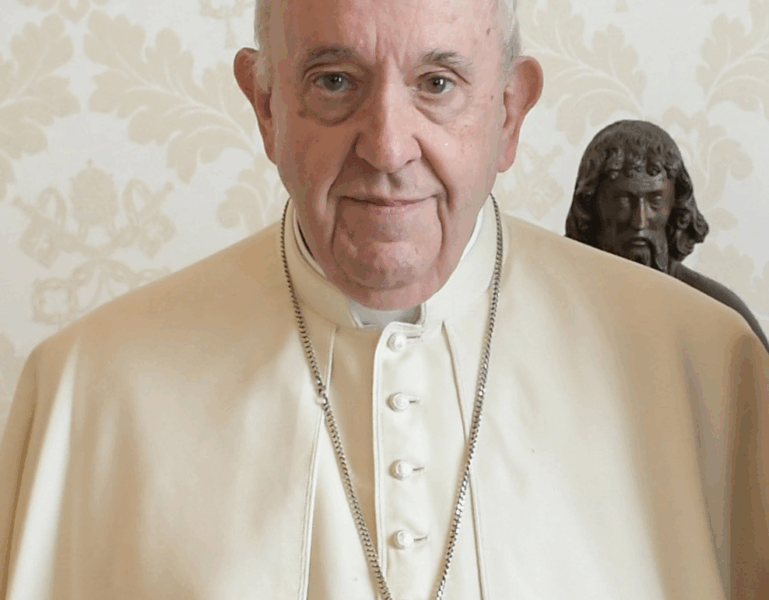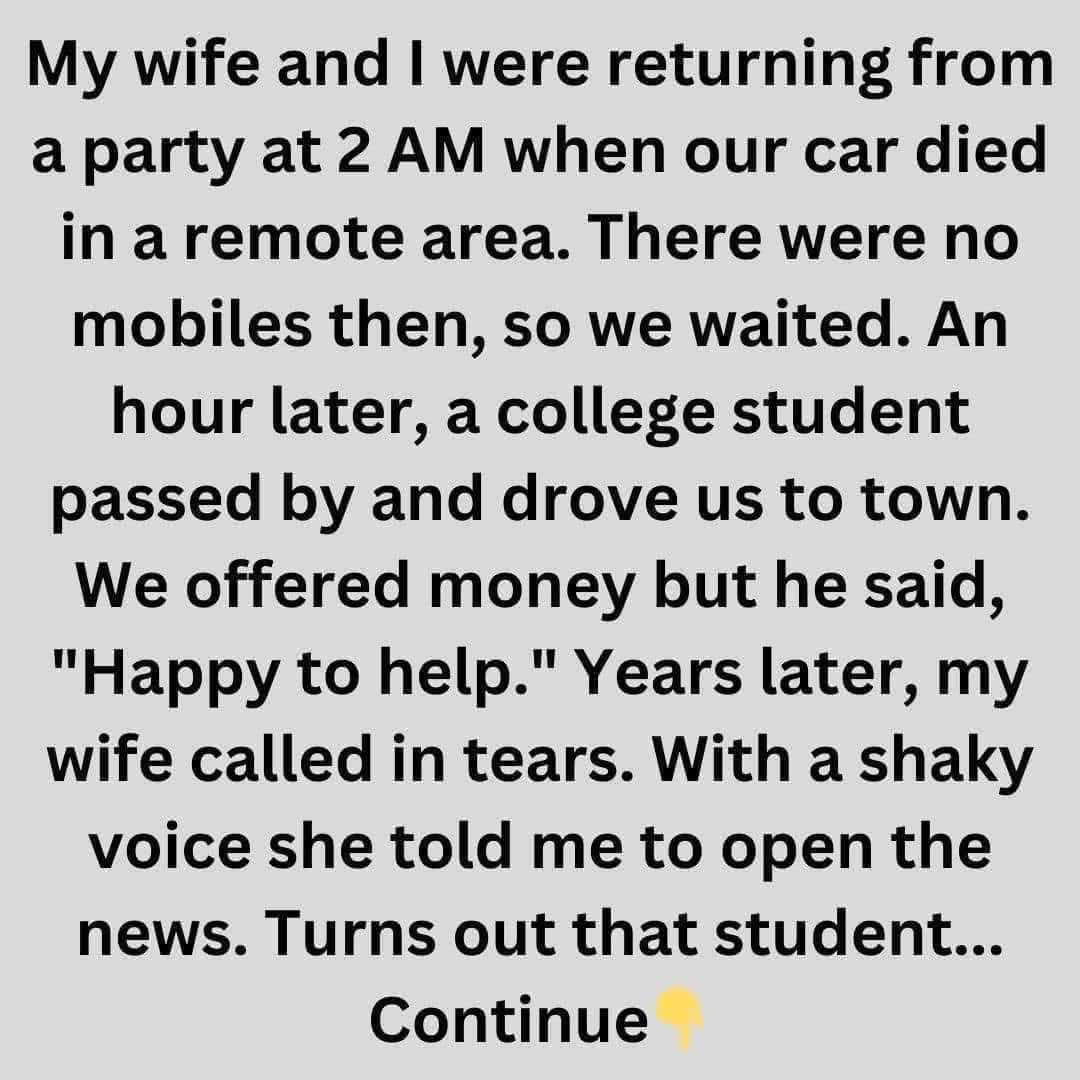The College of Cardinals is getting ready to enter conclave following the death of Pope Francis. The field is both broad and incredibly open, as the late Pope himself nominated 80% of the electors.
In addition to losing its first Jesuit pope and Global South leader, Pope Francis was a reformer who revolutionized the Roman Catholic Church’s leadership system in ways that no other contemporary pope has.
To start the holy process of choosing the new pope, the College of Cardinals will now convene in the Sistine Chapel. Pope Francis himself will choose 108 of the 135 cardinals who will elect his successor in the Sistine Chapel.

The conclave, a series of votes conducted in private, will continue until one name secures the required majority. But this time, the result is harder to foresee than before. Despite the fact that Pope Francis appointed the majority of the voting cardinals, they do not easily fit into either the orthodox or progressive categories.
By selecting cardinals from previously unconsidered locations, such Tonga, Papua New Guinea, and South Sudan, and avoiding historically significant cities like Milan and Paris, the late Pope broke long-standing customs in a little more than ten years.
Furthermore, the majority of electors are non-Europeans for the first time in history, which raises the prospect of a pope from Asia, Africa, or the Americas.
Making the Church more representative of its global following was his stated goal. Mykola Bychok, a 45-year-old Melbourne-based Ukrainian bishop, is one of those going to Rome.
Bychok was just appointed a cardinal, making him the youngest cardinal in Australia and the highest ranking Catholic authority. He is only the ninth cardinal in history and the first Australian after George Pell.
The Church is at a turning point, and the next pope’s election might change Catholic leadership for many years to come.
Both public celebrities and spiritual leaders will need to be among the names garnering attention. This time, the list of “papabile”—men deemed “pope-able”—is lengthy and remarkably flexible. Among the leading candidates are:
- Pietro Parolin (Italy, 70) – The Vatican’s Secretary of State and a key diplomatic figure, Parolin has been described as a frontrunner. Though he emphasizes diplomacy, his stance on same-sex marriage has drawn criticism.
- Known as the “Asian Francis,” Luis Antonio Gokim Tagle (Philippines, 67) is a pastoral leader who demonstrates concern for underrepresented communities. In Asia, where the Church is still expanding, he might garner a lot of support.
- (Congo, 65) Fridolin Ambongo Besungu Ambongo is a well-respected leader in Africa, which is still a crucial continent for the Church’s growth. He is the Archbishop of Kinshasa and a strong cultural conservative.
- Kodwo, Peter Appiah Turkson (76) from Ghana Turkson has been a strong candidate in the past and is well-known for his vivacity and social interaction. Despite his support for reforms, he maintains traditional opinions on a number of topics.
- Péter Erdő, 72, of Hungary Erdő is well-liked in both African and European circles and is a possible compromise candidate. He has successfully negotiated challenging political environments and Church changes.
- Germany’s Reinhard Marx (71). Marx is a progressive voice on Church administration and LGBTQ+ concerns, but his prior handling of abuse cases may hurt his chances.
- Prevost, Robert (USA, 69) Although previous accusations made against him while he was in Peru raise concerns, Prevost is seen as a reform-minded politician with connections to both North and Latin America.
- Sarah Robert (Guinea, 79). Though his conservative views may restrict his appeal, Sarah is well-known for his long service and theological rigor, making him a favorite among traditionalists.
- Canada’s Michael Czerny (78) Although Czerny, a Jesuit and close friend of Francis, is highly acclaimed for his work with migrants and in human development, it is thought improbable that two Jesuit popes would succeed him.
- Marc Ouellet (80) from Canada Despite being too old to vote, Ouellet’s experience and blend of modern and conservative ideas consistently garner attention.
- Italy’s Angelo Scola, age 83 Although his bond with Francis is still noteworthy, Scola’s age and current emphasis on aging may hurt his chances of winning.
When selecting the next pope, the cardinals will consider a number of factors. Personality, geography, and theology will all be important factors in the decision-making process.
Pope Francis’s signature pastoral theology prioritized empathy, inclusivity, and practical application of teaching over strict compliance. The pastoral approach to theology of the late Pope may have been his greatest gift, as U.S. Cardinal Robert McElroy pointed out.
Cardinal electors also have to deal with cultural and geopolitical issues, such as the Church’s involvement in war, migration, and climate change, as well as scandals involving clerical sexual abuse.
Many of the cardinals will be meeting for the first time, and their histories and perspectives are so different. Before the conclave, congregations will be vital in helping them evaluate candidates, especially those unknown to the larger College.
Two-thirds of the cardinal electors, or at least 90 votes, must support a single candidate in order for a new pope to be chosen. Given the electorate’s diversity and global origins, the Church’s future is still up in the air.
Will the cardinals opt for a return to tradition or for continuity with Pope Francis’s progressive ethos? Which continent—Africa, Asia, or the Americas—will produce the next pope? Will his approach to leadership be more administratively controlled or more reminiscent of the late Pope’s charisma at the grassroots level?
Please SHARE this article with your Friends and Family to get an interesting conversation going!




